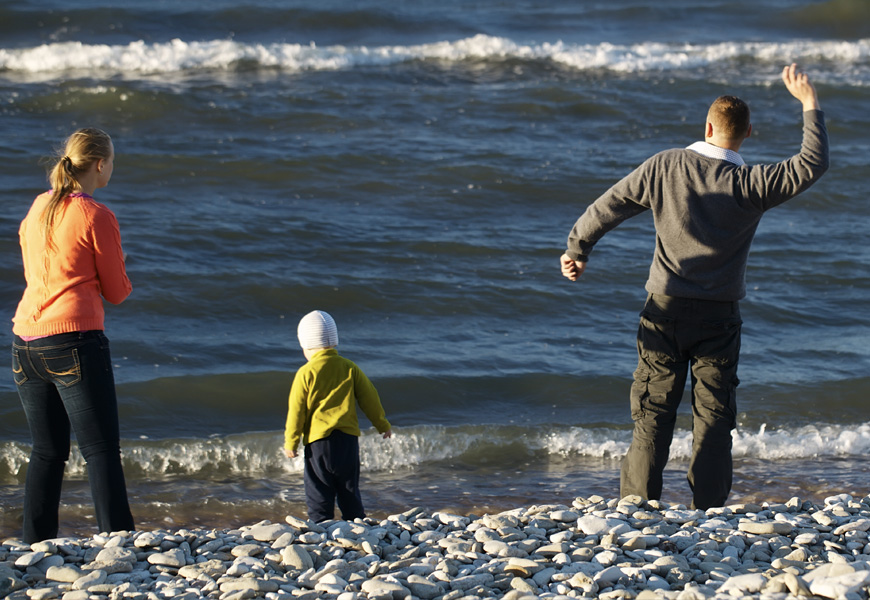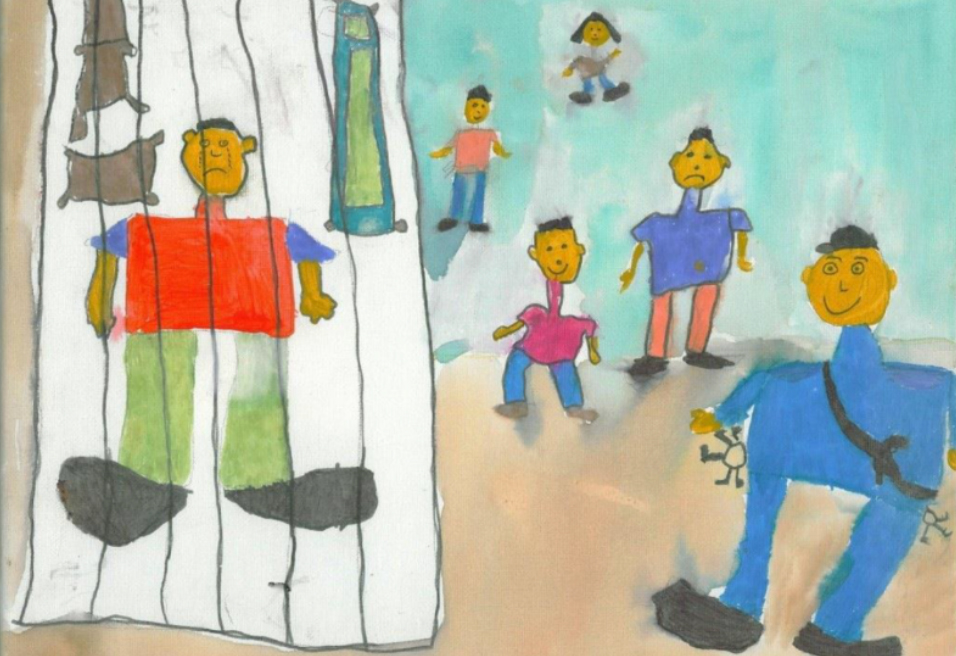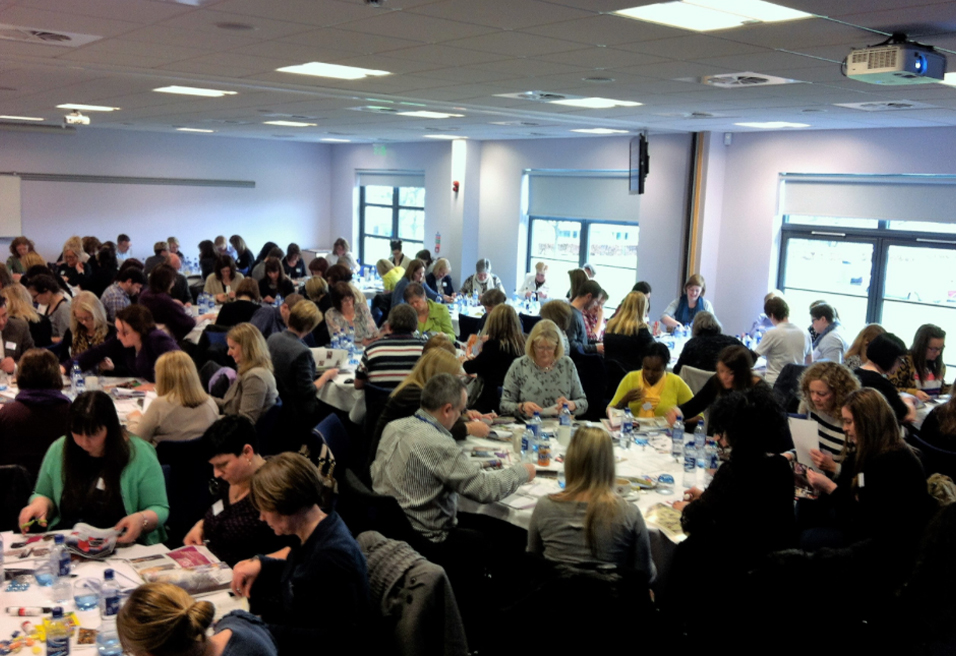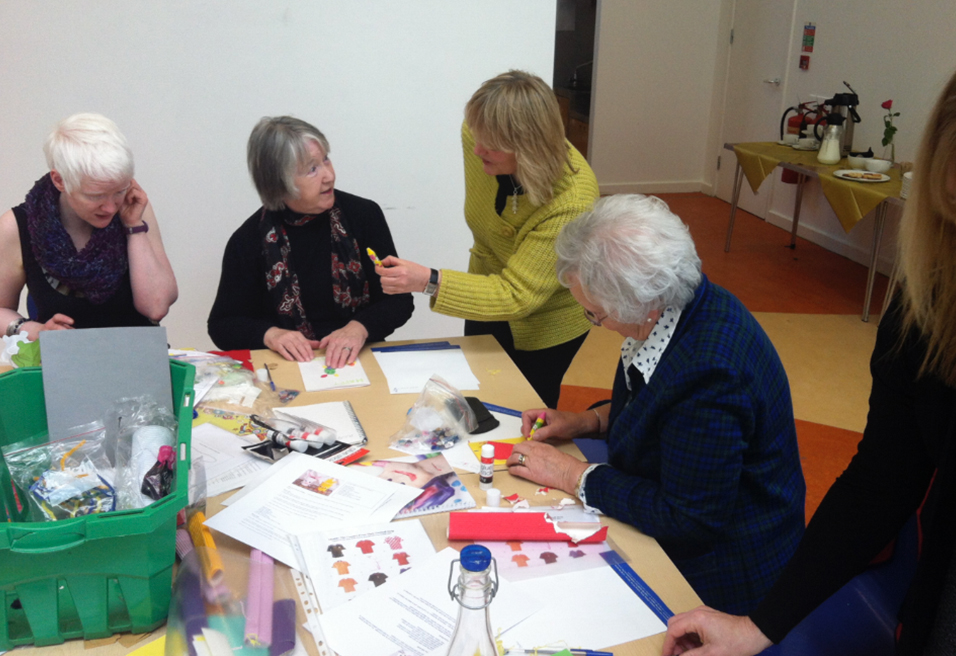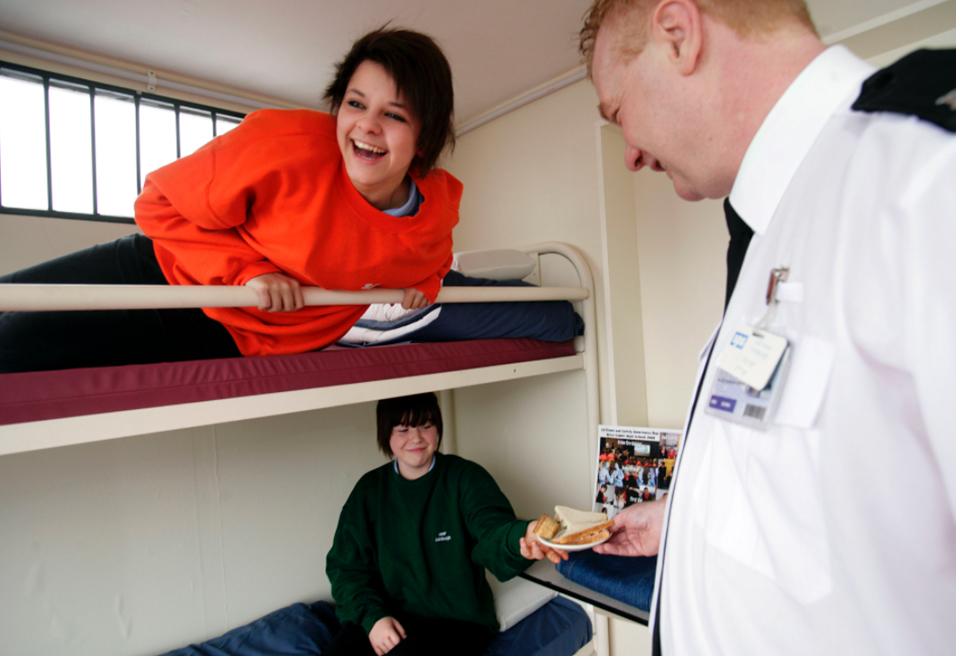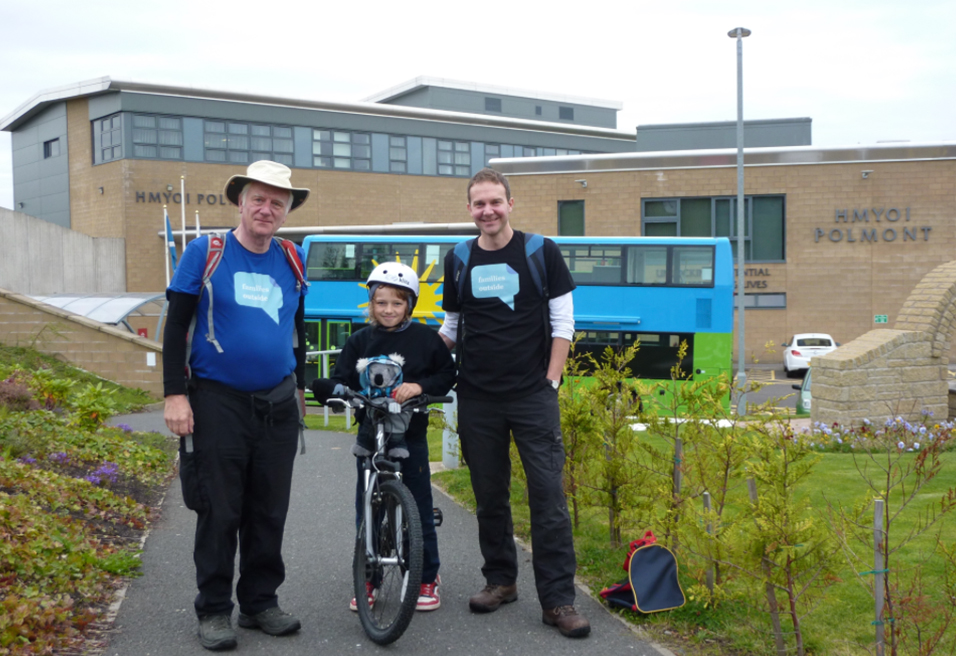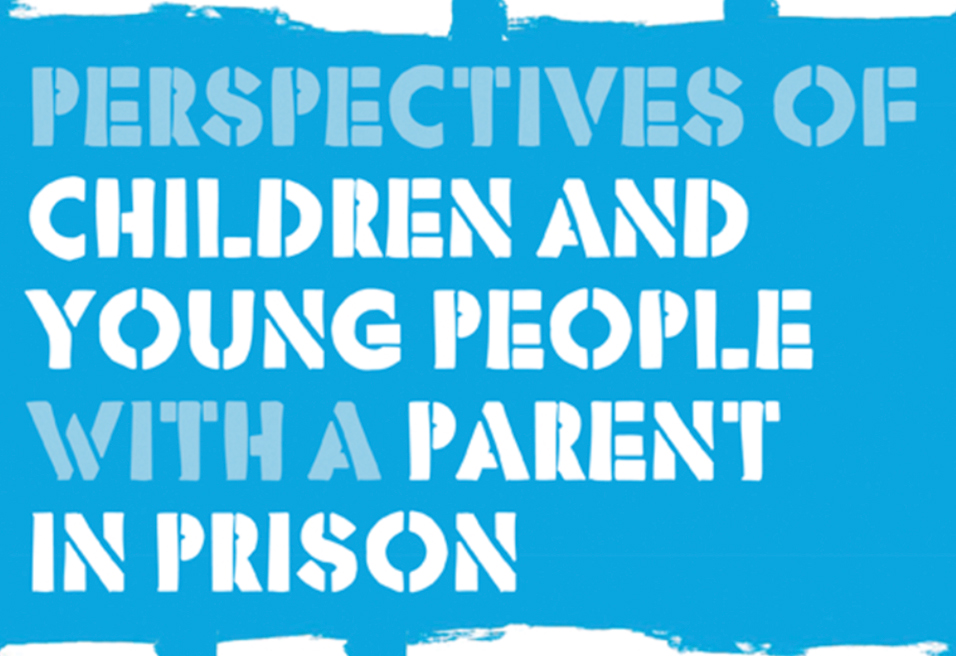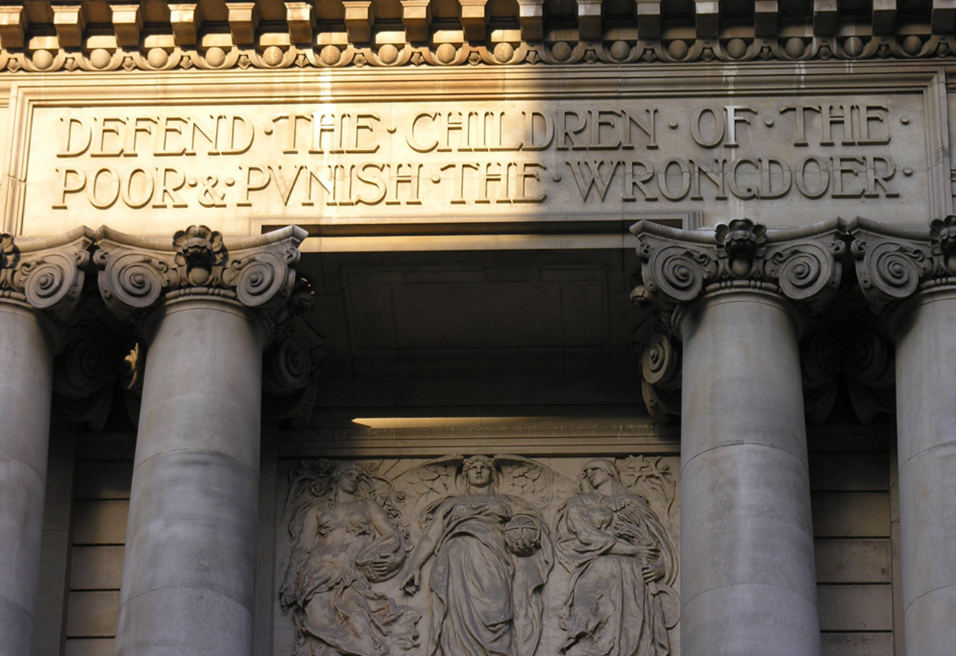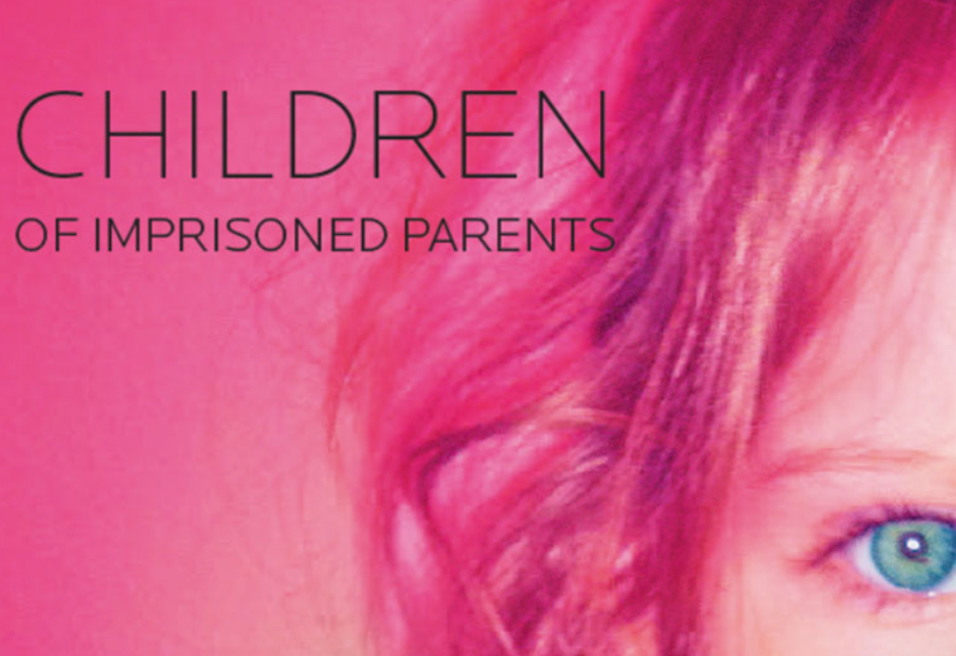Policy, Planning & Development Officer, Community Justice
Action to address and mitigate the impact on families affected by victimisation or involvement in the justice system has been recognised as a priority in the National Community Justice Strategy 2016.
In Glasgow, it has also been long recognised as a priority through planning on Community Justice, since the introduction of the Management of Offenders (Scotland) Act 2005 which established the Community Justice Authorities (the predecessors of the current Community Justice Partnerships – established by the Community Justice (Scotland) Act 2016). In planning for the introduction of the new arrangements in Glasgow, our stakeholders retained this as a priority, with the wider social change objective of improved life chances for children, young people and families at risk at the centre of that decision. Our objectives are set out in the Community Justice Glasgow Outcome & Performance Improvement Reporting Framework 2018 – 2023.
“Families – we will ensure all new developments reflect the impact on families, and build on the resilience opportunities of a supportive family setting.”
Families of individuals involved in the justice system can experience a variety of impacts upon their lives and family functioning. Changes to financial support and income may result in families being at risk of losing housing. Children and young people may be impacted by necessary alterations to their care-giving arrangements, passing from one family member to another or to state supported provision. Families also experience isolation, exclusion and stigma through association with an individual involved in the justice system, all of which present challenges to engaging with services and maintaining normative family functioning.
The Commission on Women Offenders Report (2012) found that:
“Approximately 30% of children with imprisoned parents will develop physical and mental health problems, and there is a higher risk of these children also ending up in prison.” (pg. 3).
There is much evidence around the impact on families. Families Outside commissions and undertakes research in relation to specific topics affecting families impacted by imprisonment. You can read these by CLICKING ON THE LINKS BELOW or GO DIRECT TO FAMILIES OUTSIDE WEBSITE:
Community and specialist organisations that are aware of the complex impacts on families through a family member’s involvement in the justice system can help to mitigate some of those impacts and provide relevant, timely support. Specialist services offering helpline and face-to-face support (such as Families Outside), family support centres associated with prisons (in Glasgow this is the Croft), offering support for families visiting prison (as the prison environment can be intimidating especially for children), helping families to understand the prison structure whilst helping explain the situation to children all facilitate the process of maintaining family functioning and mitigating the impact of involvement in the justice system.
The report ‘What Works to Reduce Reoffending’ (2015) found that young individuals in prison who had support from their families had positive results in preventing their reoffending but for adults with convictions this cannot be shown due to a lack of evidence. However researchers Mears et al found that:
“receiving visits in prison was associated with reduced reoffending.” (pg. 60-61).
For families to do this they must feel comfortable and understand the individuals offending behaviour so that they can support/help them, this is when partnership working will be fundamental as families can gain support from organisations in Glasgow to support them through this process.
The family of an individual with convictions may influence them to engage with services to help tackle factors which increase the risk of offending e.g. substance abuse, mental health issues, lack of accommodation, financial problems, and social isolation and so on.
Families can help with these issues and provide support to individuals on release from prison with housing, financially and to gain back social ties in the community which will help prevent future reoffending.
People leaving prison who have positive family relationships are less likely to reoffend as they don’t want to jeopardise their relationships. Connection to family and close friends on liberation will reduce feelings of isolation and exclusion that individuals might experience, which in turn, will reduce the impact of stigma experienced by individuals involved in the criminal justice system. However, this is only true if the family has certain factors such as no history of current offending, no substance misuse and that there has been a continuation of parental and/or spousal relationship during the period of incarceration so not all families will have a positive effect of desistance from crime.
You can read about how families are supported in Glasgow in the articles in this publication:
- CONSTRUCTIVE CONNECTIONS: ENSURING CHILDREN’S VOICES ARE AT THE HEART OF WORKFORCE CAPACITY BUILDING TRAINING
- THE CROFT SUPPORTING FAMILIES IMPACTED BY IMPRISONMENT – A NEW DAWN
And in articles in our previous Annual Reporters:
- SEE THE FAMILY NOT THE OFFENCE – MY TIME SCOTLAND
- LIVING THROUGH A FAMILY SENTENCE
- 30,000 CHILDREN FACE PARENTAL IMPRISONMENT EVERY YEAR
- IT TAKES A VILLAGE: FAMILIES OUTSIDE
- YOUNG PEOPLE WITH EXPERIENCE OF A CLOSE FAMILY MEBER IN PRISON ARE (CON)SCRIPTED
- HELPING FAMILIES TO BUILD RESILIENCE WITH THE CROFT AT HMP BARLINNIE

